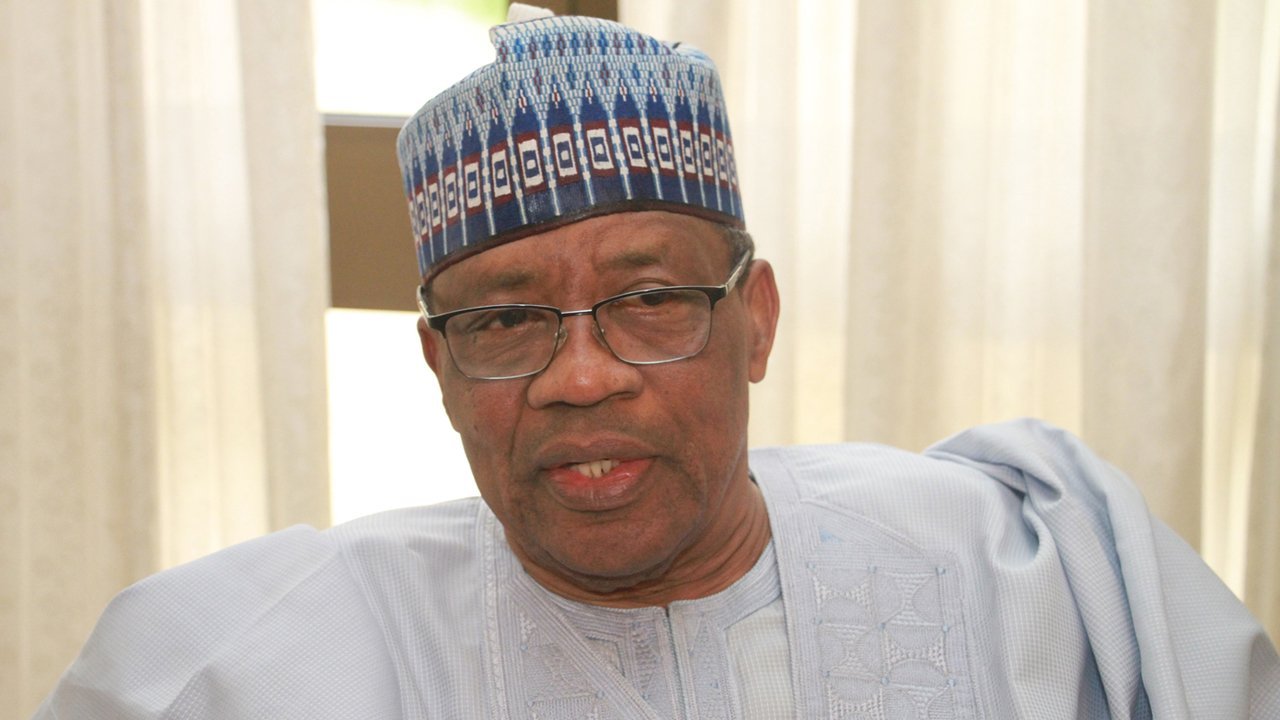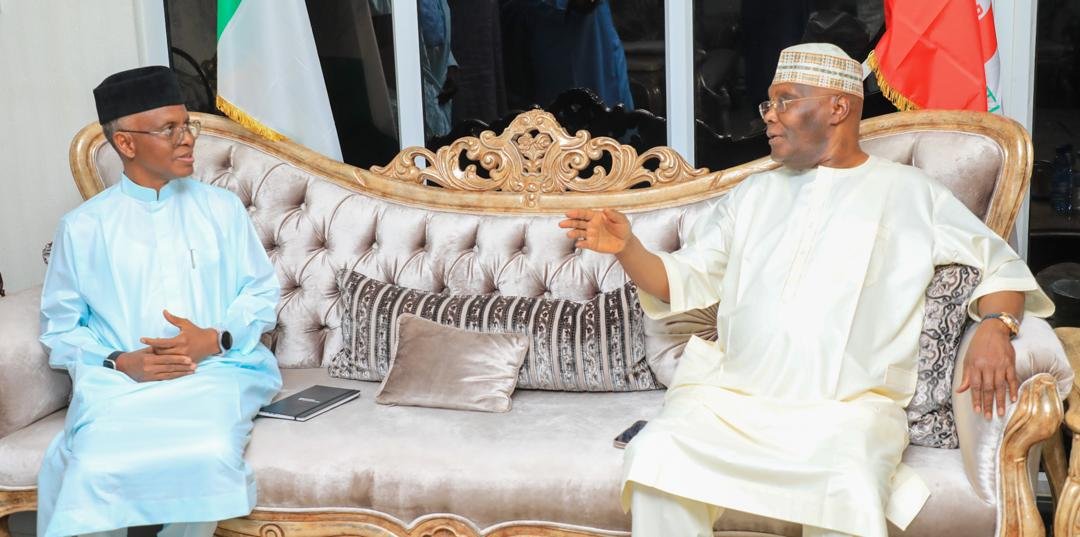Former Military President General Ibrahim Badamasi Babangida (rtd) has opened up about the motivations behind the 1985 overthrow of General Muhammadu Buhari’s administration, as well as the significant economic reforms that followed, such as the devaluation of the naira. In his recently published autobiography, A Journey in Service, Babangida offers a comprehensive narrative of the events that led to the coup and their lasting impact on Nigeria.
In a pivotal chapter titled “Mounting the Saddle, Defining a Military Presidency,” Babangida frames the coup as a necessary response to rising public discontent and a deteriorating political landscape. He reflects on how, by early 1985, the nation was engulfed in uncertainty, prompting the military leadership to recognize that their initial objectives had not been met. Babangida warns that inaction could have resulted in a dangerous fragmentation within the armed forces, threatening the very fabric of the nation.
He critiques Buhari and his deputy, Brigadier General Tunde Idiagbon, for their detachment from the military and their rigid, authoritarian governance, which alienated the civilian populace. According to Babangida, the Buhari regime fostered an environment of fear, systematically violating citizens’ rights and freedoms.
Babangida further cites the grim economic reality of the time, arguing that widespread hardship among the populace made the coup almost inevitable. He describes the growing frustration over scarcity of essential goods and the oppressive measures imposed by the government, which curtailed individual liberties and led to a harsh, mechanical justice system.
As Chief of Army Staff, Babangida faced mounting pressure from junior officers to take decisive action in light of the military’s waning credibility. He recounts instances where senior officers were subjected to arbitrary disciplinary measures without due process, which nearly pushed him to resign. Ultimately, a consensus among a diverse group of military personnel culminated in a bloodless transition of power on August 26, 1985.
In another crucial chapter, Babangida tackles one of the most contentious decisions of his tenure: the devaluation of the naira. He argues that Buhari’s fixed exchange rate policy had created severe economic distortions. By opting to float the naira, Babangida aimed to create a more realistic exchange rate driven by market dynamics, facilitating better access to foreign currency.
He defends his government’s strategy of privatizing state-owned enterprises, claiming that excessive government intervention stifled economic progress. Babangida posits that Nigerians would rather pay slightly higher prices for goods than endure ongoing shortages and long lines.
As Babangida’s reflections in A Journey in Service spark renewed discussions, they remind us of the complex interplay between Nigeria’s past and its future, offering valuable lessons that continue to resonate today.







